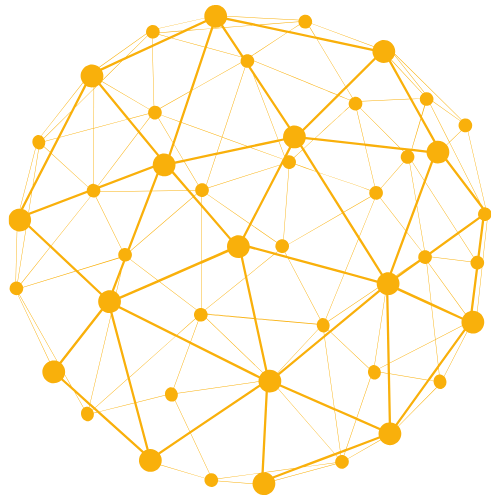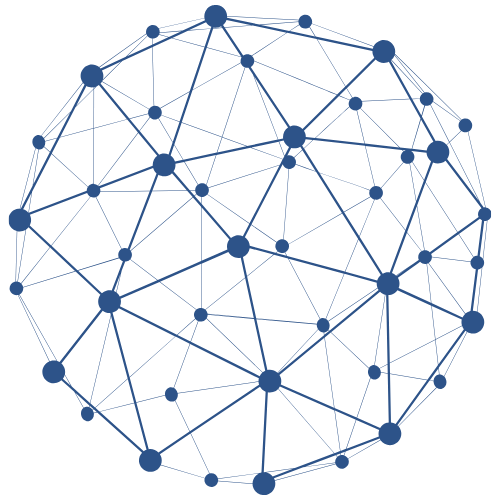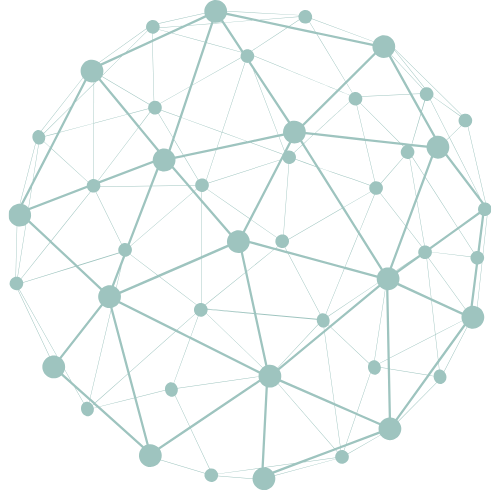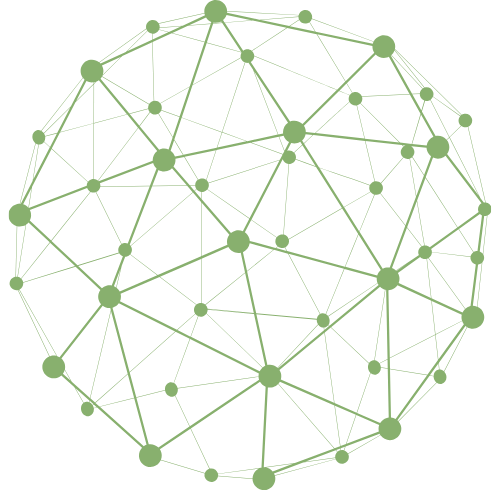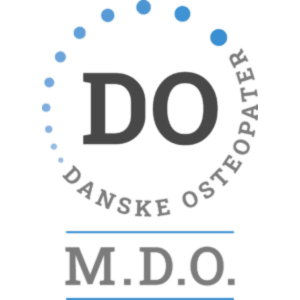Initially inspired by how change manegement (and leadership) uses the paradigm of Systems Theory (ST) to create a disred change, we set out to explore how System Theory could support Osteopathy.
Through relevant research endveours the intention is to explore if it is possible to argue for a Systems Thoeory Paradigm that could support the field of Osteopahtic Medicine. The desire is to rightfully call the paradigm Osteopahtic Systems Thinking (OST) ©.
If you like to engage in these endvours, we urge to sign up using the form below. Doing so you will be informed of any updates on this sight. As an osteopath you will be invited to join our future studies if you like. Clik on “Future Action Reserach iterations” to read more.
If you are a seasoned researcher and you are intrigued by what you read
Diving into the research domain of ST, there’s a keen interest in connecting with experienced researchers. If this work resonates or captures your attention, any insights, questions, or perspectives you might share are deeply appreciated. The aim is to broaden the network and deepen expertise, with hopes of fostering collaborative dialogues, receiving guidance, and exploring mentorship opportunities. Please don’t hesitate to reach out.
Why Systems Theory?
Systems Theory offers a holistic framework for understanding and influencing complex systems, and it can be applied across diverse domains, from management and engineering to medicine and ecology. When it comes to osteopathy, Systems Theory might provide a holistic lens through which the interconnectedness of living systems and processes can be better understood, addressed and managed, in the environemnt they interact with.
Introduction to Systems Theory and Osteopathy
Theories supporting OST
Some of the current theories, which partially form the foundation for the exploration of OST.
Closing remark. It’s important to remember that what has been presented here is just the beginning; the exploration of Osteopathic Systems Thinking (OST) is still in its infancy. As research in this realm continues, its viability and potential contributions to osteopathy will become clearer.”
References:
- Maturana, Humberto R & Varela, Francisco J 1980. Autopoiesis and Cognition : the realization of the living. Dordrecht [Etc.]: Reidel Publishing Company.
- Meadows, Donella H. 2008. Thinking in systems: a Primer. White River Junction, Vermont: Chelsea Green Publishing.
- Willert, Søren, Stegeager, Nikolaj, Damsgaard, Eva & Molly-Søholm, Thorkil 2020. Systemisk ledelse – teori og praksis. 2. painos. Frederiksberg: Samfundslitteratur.


